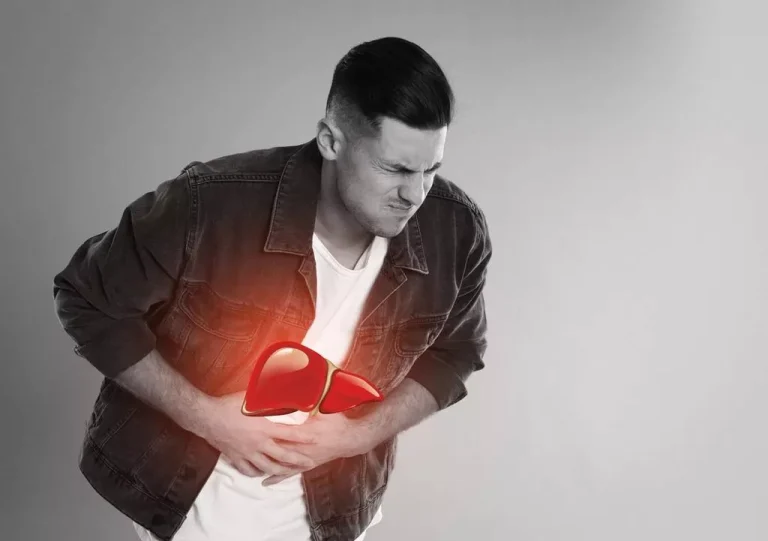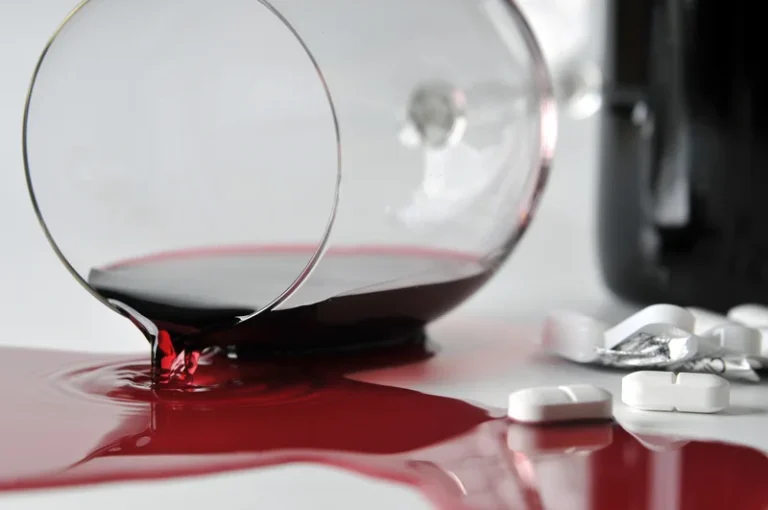The data set did not contain laboratory data and the CKD diagnosis was dependent on the ICD-9-CM code. The survey questions did not distinguish non-drinkers and former drinkers, and former drinkers were categorized as non-drinkers. Former drinkers are mostly remarkable, as their health status may be worse, and morbidity and mortality are higher than never drinkers [27]. In addition, the beverage type and exact amount of alcohol consumed were not available in the dataset. However, previous studies have not revealed beverage-specific associations [28].
Understanding the Risks of Alcohol for Dialysis Patients
Alcohol consumption can raise high-density lipoprotein cholesterol concentration [21,22], improve insulin sensitivity [23], and reduce platelet aggregation rate and fibrinolysis [21,22]. Alcohol consumption, including vodka and alcohol and kidneys red wine, also reduced serum insulin concentrations and enhanced the insulin sensitivity index [24,25]. A moderate amount of alcohol drinking decreases the risk of developing diabetes, showing a U-shaped association [26].
Is Beer Good or Bad for Your Kidneys?
- The damage chronic alcohol use creates doubles your risk of chronic kidney disease.
- While liquor does not directly cause them, it can contribute to the increased risk for the formation of the stones.
- However, there is no specific research on how wine affects potassium levels when consuming alcohol.
- If you are trying to watch your weight, calories from alcoholic beverages can add up quickly.
Its diuretic nature disrupts balance of fluid, conflicting with fluid restriction guidelines. Alcohol can also interfere with medications and impact their effectiveness. The nutritional content of alcoholic beverages may clash with dietary needs, like phosphorus and potassium restrictions. Moreover, alcohol impairs judgment, potentially leading to poor dietary choices. Given these issues, alcohol is generally discouraged for dialysis patients, as it can hinder adherence to crucial dietary guidelines and jeopardize their overall health. Regular alcohol consumption can have wide ranging health effects beyond its impact on kidney function.
Alcohol may cause type 2 diabetes which also affects kidneys
Substance use disorder can lead to short- and long-term negative health effects. These can be physical and mental, ranging from moderate to severe. They will depend on the substance a person had been using. But researchers are working on preventing the disease or further damage of the islet cells in people who are newly diagnosed. Type 1 diabetes, once known as juvenile diabetes or insulin-dependent diabetes, is a chronic condition.

What can I expect if I have kidney disease?
Often it occurs simultaneously with phosphate deficiencies, also frequently encountered among alcoholic patients. Hypomagnesemia responds readily to magnesium supplementation treatment, however. A person is at risk of different complications depending on the underlying cause of the kidney pain. Binge drinking, or drinking numerous drinks in just a few hours, can cause an acute kidney injury. The kidneys help filter the blood, including by filtering out harmful substances such as alcohol.
- A damaged pancreas can also prevent your body from producing enough insulin to use sugar.
- Drinking alcohol in these amounts is a risk factor for developing a sign of kidney disease, protein in the urine (albuminuria).
- Signs and symptoms of type 1 diabetes can appear rather suddenly, especially in children.
- The liver plays a role in maintaining blood flow to the kidneys, and alcohol-related liver problems can further impact kidney health.
- Low blood sugar levels can occur before you are aware of being mildly intoxicated.
Triple your impact for kidney patients.
Older individuals do not have the same problem and ADH levels will increase after drinking alcohol. Binge drinking is typically having more than 4 to 5 drinks within 2 hours. A standard serving of beer, distilled spirits, and wine each contains the same amount of alcohol.
- Alcohol’s diuretic effect can exacerbate fluid overload, strain the cardiovascular system, and impact blood pressure control.
- Jen writes on the blog of Plant-Powered Kidneys to help reach and teach more kidney patients about how they can enjoy more foods in a plant-based diet while protecting kidney health.
- Consequently, it causes an increase in the removal of magnesium from the kidneys.
- Also, when you drink alcohol, the kidneys become dehydrated.
- It can worsen kidney function, disrupt fluid and electrolyte balance, and interact negatively with medications.
Finding treatment for alcohol use disorder
There are other medicines that may cause your blood alcohol level to rise. Check drug labels and ask your pharmacist or doctor to review your medications to make sure alcohol will not be harmful with your medication. The current study enrolled 45,200 subjects, which was a representative cohort for the Taiwan population. The follow-up period was 13 years, which was long enough to observe the development of CKD; thus, the research had appropriate power.

Your kidneys are like a filter in your body — filtering out wastes, toxins and extra water from your blood. They also help with other functions like bone and red blood cell health. When your kidneys begin to lose their function, they can’t filter waste, which means the waste builds up in your blood.



